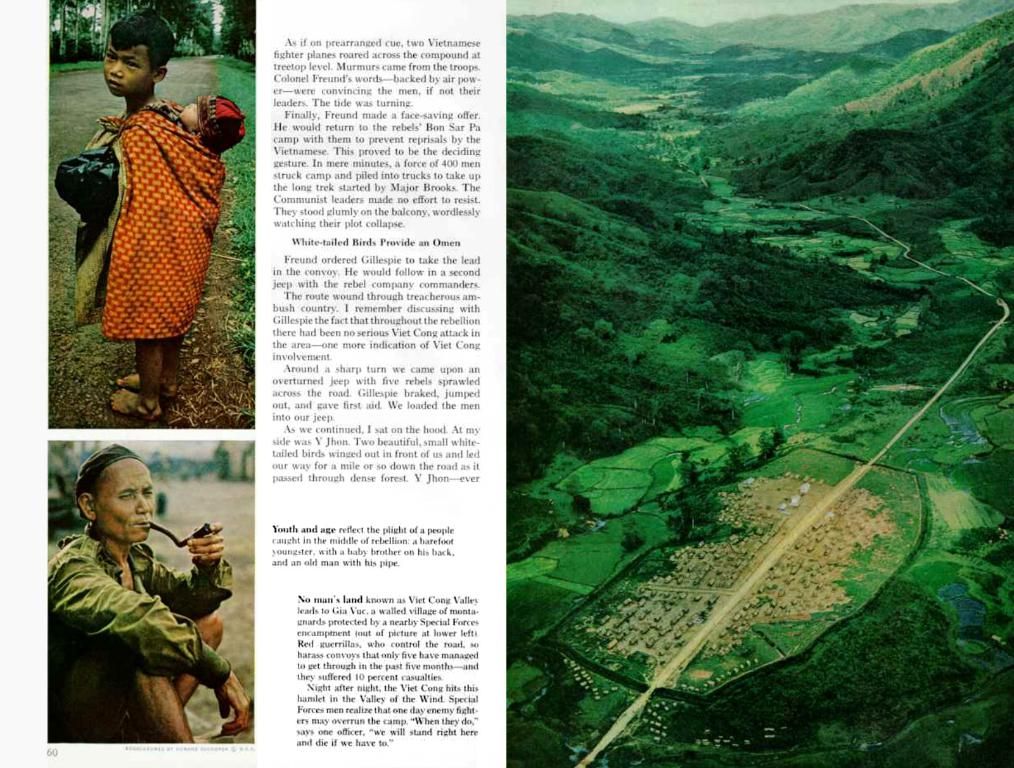Beirut's Retro Party and Lebanon's Tourism Revival
Gulf wealthy tourists encouraged to return to Lebanon
Locked in a night of groovy tunes and vivid fireworks, Beirut's St. Georges Hotel illuminated the night sky, evoking the spirit of the '60s and '70s and promising the return of sunnier days ahead.
Unleashing a barrage of nostalgia, Lebanon's Tourism Ministry arranged this retro-themed bash to kick off the upcoming summer season and rekindle the country's past glory.
Once upon a time, Lebanon was the poster child of vacation spots for glamorous tourists from the Gulf states, seeking the perfect beach destination, snow-capped mountains, and non-stop urban nightlife.
Fast forward to the '80s, the commencement of a civil war in 1975 and the subsequent years left Lebanon neglected and tourism dwindling. When the smoke cleared, Gulf tourists trickled back, but the tide changed once again as regional politics took a turn.
By the early 2000s, growing ties between Hezbollah and Iran-backed policies led to a new chill between Lebanon and its neighboring Gulf countries. With tourism drying up, billions of dollars vanished from the economy.
A year after the conflict with Israel left Lebanon battered, it seems Hezbollah is weaker, and the new political leaders are vigorously eyeing an opportunity to reignite the flickering economy, starting with the tourism industry.
Adorning the highway to Beirut Airport, flashy commercial billboards and posters now stand proudly where Hezbollah's propaganda once ruled. In the heart of Beirut, especially in an area primed for tourism, political posters are disappearing, and armed forces presence is on the rise.
Progress in this diplomatic dance hinges on collapsing the power Hezbollah holds, particularly in the security sector, and all eyes are set on Saudi Arabia, the reigning heavyweight of regional politics, to see if it will lift the travel ban and formally welcome tourists once again.
Beyond tourism, revitalizing the economy demands a holistic approach, as leaders in Lebanon work to replace the broken puzzle pieces and steer the nation back towards prosperity.
While tourism makes up almost 20% of Lebanon's GDP pre-crisis, the road to recovery won't be simple, with persistent political and economic challenges looming overhead. Still, the first steps are underway, and Lebanon seems determined to dance its way back onto the global stage.
Additional Insights:
- The diplomatic tension escalated further in 2021-2022 due to public criticism from a Lebanese minister about the Saudi-led military intervention in Yemen. ([Source 4])
- The UAE and Kuwait lifted their travel bans, signaling a change in their stance towards the regional powerhouse, and setting a positive precedent for even greater regional cooperation. ([Source 2][4])
- The economic benefits of tourism are substantial, with a predicted boost of millions of dollars from increased tourist spending. However, addressing broader economic challenges, such as rampant inflation and increasing poverty rates, remains critical to long-term success. ([Source 3])
- The joint business council between the UAE and Lebanon is a significant step in fostering economic cooperation and development. ([Source 5])
Embracing the past and looking towards the future, Lebanon's Tourism Ministry plans to revamp the country's lifestyle by fostering travel, transforming it into an attractive vacation spot once again, like the golden days of the '60s and '70s. With the return of Gulf tourists, Lebanon aims to restore its former glory, making strides towards economic recovery and prosperity.




